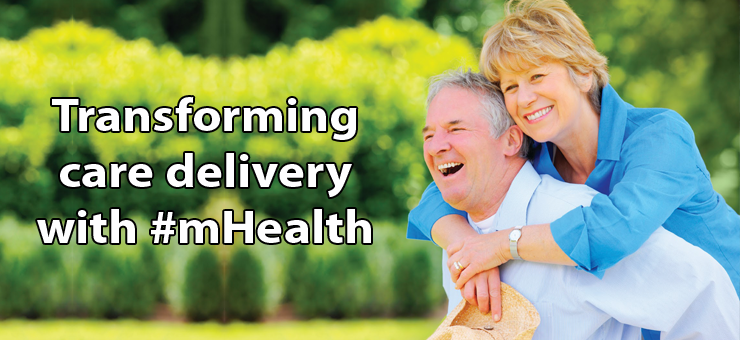Nobel Peace Prize winner Muhammad Yunus of Bangladesh and Denmark’s health minister Astrid Krag, highlighted mobile healthcare as the way to improve outcomes in the future at the mHealth Summit.
Yunus, the Grameen Movement pioneer, who opened up his native Bangladesh to the power of cellphones, said that smartphone has the power to transform people’s lives magically. Calling the smartphone, the “digital genie”, Yunus thinks that smartphone possibilities are endless. He added that basic pre-natal facilities for pregnant women in Bangladesh were not available, thereby causing serious dangers to unborn children. “We are developing an app in partnership with Intel, enabling women to do their own ultrasounds at home and send results to physicians privately and securely,” he said.
While Yunus represented third-world nations at the Summit, Danish Minister of Health Astrid Krag spoke about her country’s mHealth initiatives. She said that they were not developing bigger and better hospitals but were emphasizing patient engagement.
Denmark is investing heavily in healthcare. Over 11% of its GDP represents healthcare, with a National Action Plan to upgrade major hospitals costing $7 billion in the next decade, along with launching a health technology product innovation center.
Krag said their Plan is to engage patients to enable healthier lifestyles, reduce medical costs and decrease hospital stays. “The Danish government has made patient empowerment the backbone of future healthcare,” she said.
The Danish government mandates that everyone suffering from chronic conditions must be treated by telemedicine. Krag said ulcers were being treated by mHealth tools and services, potentially saving $3 billion in annual medical costs.
Krag added that children with schizophrenia were using iPads which made it possible for them to be introduced to a social network, which can help to improve their condition. The government was planning to launch the same initiative for psychiatric patients as well, she said. Krag concluded that engaging patients holistically is their preference.
“Healthcare will never be the same again, once we’ve finished,” she predicted.

Join the Discussion!